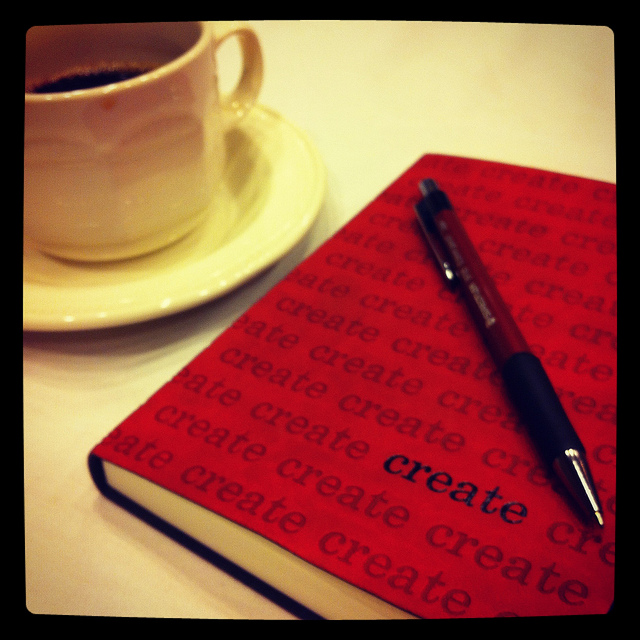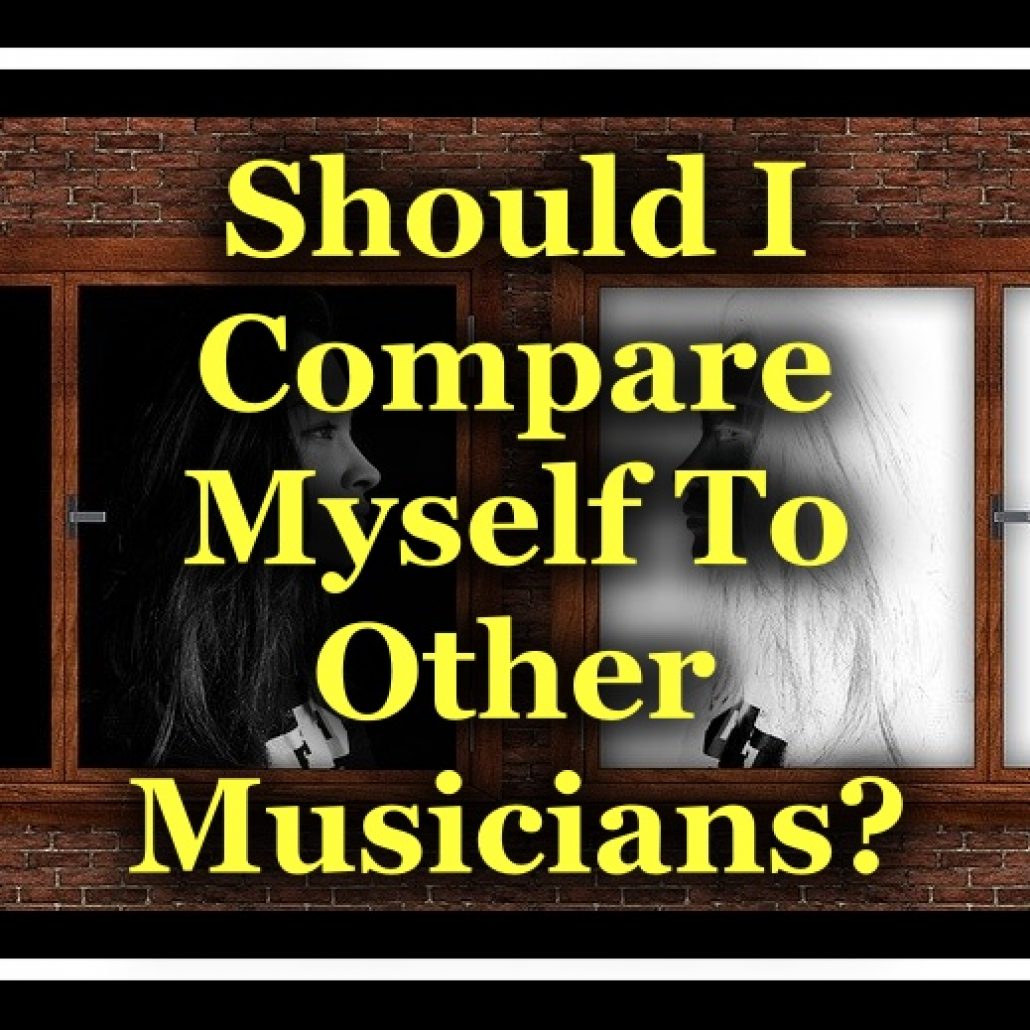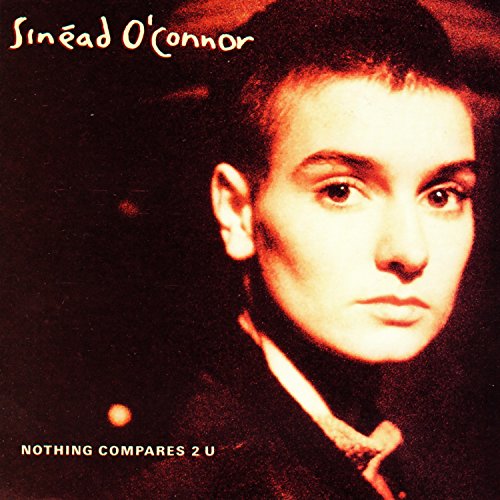Nothing compares to you
“Did he just reference Sinead O’Connor?” Nope. I just referenced Prince. Did you know that Prince wrote that song?
“Nothing Compares to You” is probably one of the most memorable songs from the early 90’s and rightfully so.
However, people rarely know that it was originally written by Prince and released in 1985.
Therefore, Prince doesn’t get the recognition he deserves for this hit song.
Prince has before and since performed his song. However, he does it differently than the O’Connor version.
Some people like Prince’s version better. Others like O’Connor’s version better.
I want to use this as a jumping off point to talk about you. Yes, you.
Here’s my message: there are times to compare yourself to other musicians, and times where you shouldn’t compare yourself to other musicians.
When to draw a comparison
There will certainly be times when you need to take stock of who you are, what you’re capable of, and where you are in your musical career.
Recommended Reading: Dave Matthews Band And His All-Natural Success Story
However, these times are specific and in my opinion, should be used for instructional purposes.
Education

When you’re learning your instrument, there are certainly milestones that we reach.
It’s good to check your progress as compared to other people of the same level with the same amount of time on your instrument.
If you’re ahead of the game in your skills, great job! However, if you’re lagging behind a bit, don’t become alarmed. People learn at different rates.
However, if you’re lagging behind substantially as compared to someone with the same amount of time on their instrument, it’s time to assess our skills.
Is there a reason we haven’t progressed consistently? Are we practicing enough? Am I practicing effectively?
Ask yourself these questions and you may possibly find some answers.
One more caveat here. I have had students who lagged substantially as compared to their peers for upwards of three years.
One day, everything clicked and fell into place and their skill and knowledge increased exponentially within a year to bring them either to equality with their peers or advancement over their peers.
This is another consideration. But always remember, nothing beats practice.
Artistic inspiration

This applies to people who have been playing and working in their chosen musical field and genre and are having a bit of an identity crisis.
No one thinks the way you do. No one operates the same way you do. It’s important to remember that you have a niche, whether you yet know it or not.
Comparing Prince’s version of “Nothing Compares to You” and O’Connor’s version is like comparing apples to oranges.
Sure, you can hear and feel the similar origins of the music, but they are different artists and it should be remembered that their differences are what made them individually successful.
My advice is to cultivate what makes you different. Don’t focus on your similarities to other artists.
There’s a full isle of loaves of bread at the supermarket. The one that stands out is the one that is unique.
When the Beatles hit the scene, there had never been anything like them, and that’s the point.
They were talented, of course, but they were also very unique. They built off of their traditional knowledge of music to make something new. Let that be you.
Career goals

Far too many artists try to pigeon hole themselves incorrectly into one genre or another and that leads them to think that where they currently are in their career isn’t where they should be.
Others compare themselves to prodigies and musicians who gained success early in life.
If you’re playing, singing, or writing music, and have aspirations of being a professional artist, continue to do so with pragmatism in mind.
Don’t stop doing what you love while you’re providing for your livelihood via other means.
Why? Because here are three people who got a late start in their music careers and are now successful.
Sheryl Crow

Sheryl Crow didn’t reach mainstream success until she was 32 with her hit song “All I Wanna Do”, in late 1994.
Previous to this point in her life, Sheryl worked hard in the music industry trying to carve out her own path.
All of her hard work paid off ultimately, and she ended up winning three Grammy awards in 1995 for Record of the Year, Best New Artist, and Best Female Vocal Performance.
Andrea Bocelli

Andrea Bocelli is one of the best selling classical music solo artists of all time.
He literally holds too many records to list unless I were writing a biography on him.
Bocelli is a classical crossover, operatic pop, and opera vocalist in the tenor range.
His notoriety includes Grammy nominations, Academy Award nominations, Golden Globe awards, being a Guinness Book of World Records holder, being the best selling Italian Artist in history, and having the best selling classical-crossover album of all time.
However, Andrea Bocelli didn’t record his first album until he was 36 in 1994.
He now has 15 solo studio albums under his belt. Not a bad run, I’d say.
Susan Boyle

This is one of my favorite stories. Susan Boyle always enjoyed singing, and so she kept on doing it.
In today’s media landscape, opportunities to live your dreams abound.
Susan took advantage of one of these opportunities when she entered the “Britain’s Got Talent” competition in the UK in 2009.
At the age of 48, Susan Boyle, who had trained vocally and had continued singing and performing in her church and at small venues all along, sang for the judges and immediately set the world of music and the internet on fire.
Internationally. Within 9 days of the audition, over 100 million viewers had seen her videos on the internet.
She recorded her first album that same year titled “I Dreamed a Dream”, and it became the UK’s best-selling debut album of all time, edging out pop and rock acts alike.
Final thoughts
As one of my favorite quotes goes, “You do you…”.
Never stop honing your craft, always take stock of who you are, what skills you have, and what you could do to improve.
At the same time, there is no substitute for your individuality. Find your uniqueness and build upon it.
Use this advice to know and understand when and how to compare yourself to other artists.
Define your goals. Always find people of the same amount of experience as you so that you are making an apples to apples comparison.
Don’t compare yourself to Paul McCartney when you’ve only been playing bass and writing songs for 3 years.
I hope these tips help you! Keep practicing and remember, music is magic!


![Nothing Compares 2 U (feat. Rosie Gaines) [Live] Nothing Compares 2 U (feat. Rosie Gaines) [Live]](https://images-na.ssl-images-amazon.com/images/I/51UZs4U0DNL.jpg)